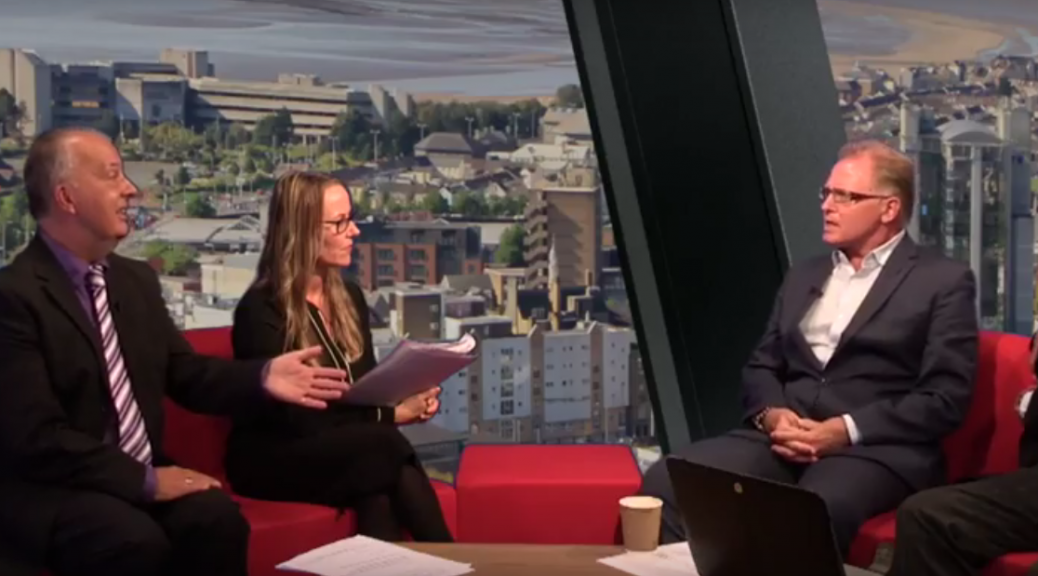At present, the 5-year fixed rate mortgage is much lower than this time in 2018, not only in the residential market but also in the buy to let arena too. In contrast to this, there has been a ‘creeping rise’ in 2-year and tracker products.
For the residential mortgage market, the often-mooted comparison is between the 2-year or 5-year deals. Historically a 5-year deal would cost a certain percentage more and whilst this remains true for some lenders, many have adjusted their medium-term plans for lending, bringing their 5-year products far closer to parity with the 2-year fixed.
Property Master, a digital platform that uses algorithms to match the requirements of individual private landlords against the entire BTL mortgage market, says that it is 5-year fixed rate mortgages where the price falls can be seen most clearly.
The platform’s monthly ‘Mortgage Tracker’, which follows the costs of a range of BTL mortgage products for an interest-only loan of £150,000 shows 5-year fixed rate offers for 50, 65 and 75 per cent of the value of a property are all down year-on-year.
Savings for each of these mortgages for individual landlord borrowers respectively are £8, £29 and £21 per month.
The cost of many 2-year fixed rates was up year on year. Tracker deals, historically lower than fixed-rate deals are generally up (year on year) too.
But why?
Lenders seem to be speculating about the short-term future of interest rates, paying close attention to the ongoing ‘Punch and Judy’ show between the UK and the EU, imaginatively titled: Brexit.
While the official economic forecast predicts a period of slowing growth, it is also difficult to predict what could happen with interest rates. Some believe that a spike in the cost of goods could trigger an increase in the bank of England base rate to curb spending. Others believe that ‘false inflation’ could be softened by a reduction in the base rate. Quantitative easing is another action which could be employed to aid the economy in times of need. Any of these outcomes could mean a change in the cost of wholesale lending for banks.
The lending strategy is often underpinned by speculation in the market, and with the next 12-24 months being hard to predict, my guess is that banks would prefer their mortgage holders to have medium to long term deals. This provides the bank with the security of a medium-term contract, allowing them to make medium-term plans, set to be reviewed following the turbulence of Brexit if the Brexit process ever ends…
There has also been a rise in popularity for longer-term fixed rates such as 7- and 10-year deals, with popularity leading to competitive rates, many are opting for the ‘longer, longer’ fixed rate.
If you would like to review your current mortgage or are thinking of purchasing a new home for yourself or to invest in property, interest rates are currently quite attractive and there are many options. Speak to one of our advisors.
James Boland
Managing Director
Morgans McGrath, in partnership with Dawsons financial services.









